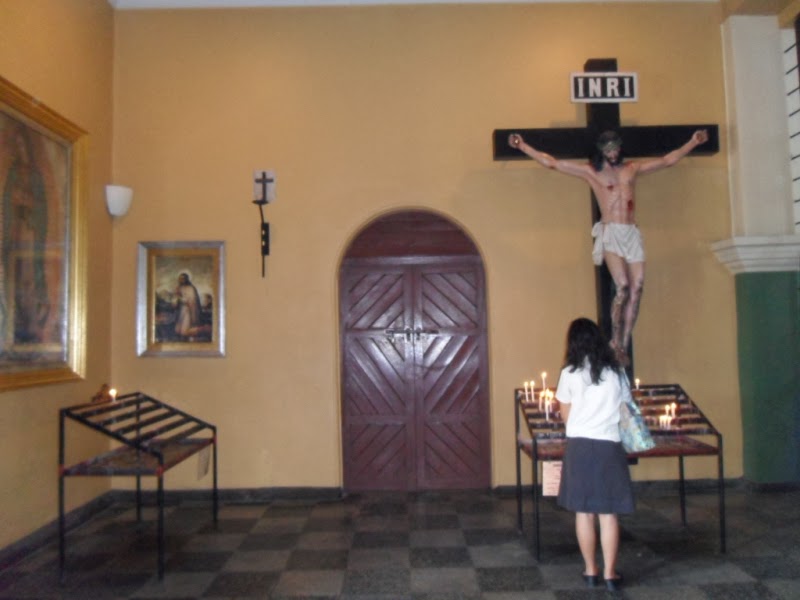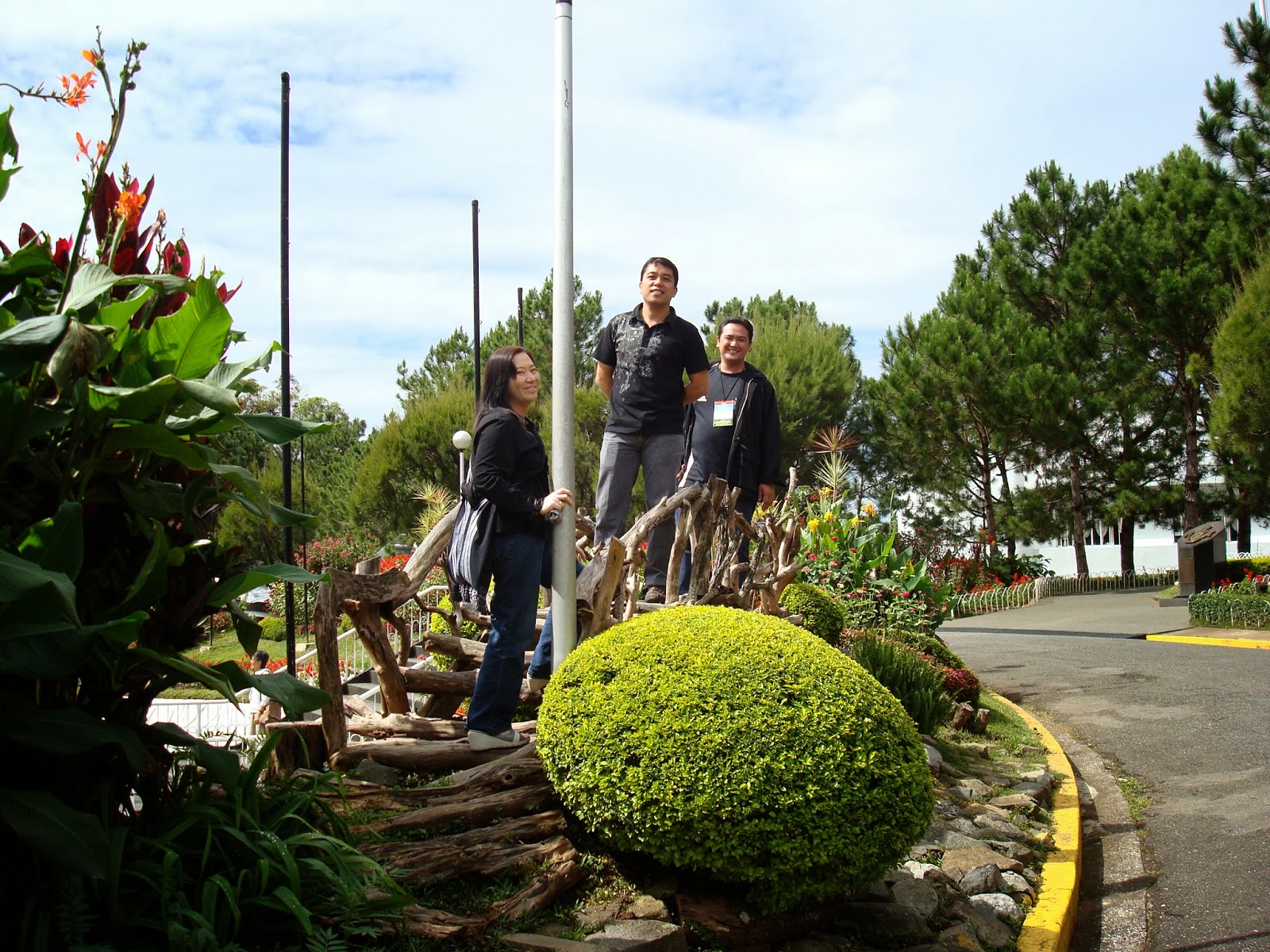embracing our humanity - 28th week Thursday 2013

Today we celebrate the feast of St. Ignatius, bishop of Antioch who was martyred in the year 107. The church remembers him very well for he was the successor of St. Peter in the church of Antioch where for the first time the followers of Jesus were called Christians. St. Ignatius became also the first to refer to the Christian community as catholic by calling it the Catholic Church. St. Ignatius is well remembered because while he was being brought to Rome to be executed he wrote letters to different churches along the way. When he arrived in Rome escorted by soldiers he was led to the amphitheater where he was devoured by two fierce lions.








